Chemistry
-
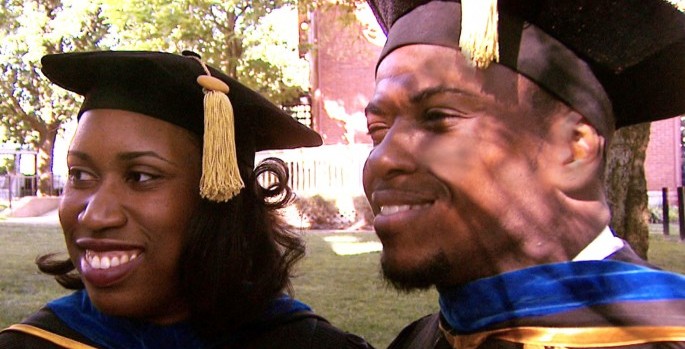
VUCast Extra: Bridging the Gap in the Sciences
Vanderbilt is on track this year to become the number one producer of minority Ph.D. recipients in physics, astronomy and materials science, an area where minorities are grossly underrepresented. Watch the emotional journey of the latest doctoral graduates from the Fisk-Vanderbilt-Master’s-to-Ph.D. Bridge Program. [vucastblurb]… Read MoreJun 8, 2012
-

DNA: From modification to mutation
Understanding how an environmental hazard damages DNA may shed light on processes of tumor formation. Read MoreJun 8, 2012
-

‘Extractionator’ could bring cheap and effective malaria diagnostics to millions
The "Extractionator" is a sophisticated little device that automates the diagnostic sample collection and preparation process so it can be operated by individuals in remote environments with minimal training. Read MoreMay 9, 2012
-

Quantum dots brighten the future of lighting
Vanderbilt researchers have boosted the efficiency of a novel source of white light called quantum dots more than tenfold, making them of potential interest for commercial applications. Read MoreMay 8, 2012
-
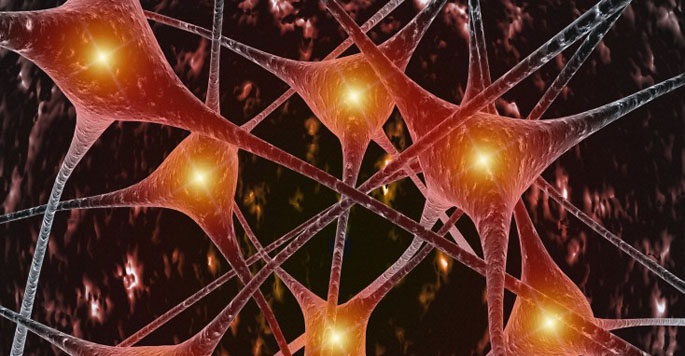
Neuronal clues to cholesterol-defect disorder
Antioxidants may be a beneficial treatment for an inherited genetic disorder. Read MoreApr 20, 2012
-

Vanderbilt expanding research enterprise into Williamson County
With the addition of a new 18,000-square-foot laboratory to be located within the Cool Springs Life Sciences Center, Vanderbilt University is expanding its research enterprise into Williamson County. Read MoreMar 9, 2012
-
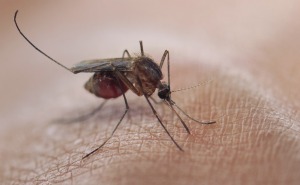
VU researcher has personal motive for investigating malaria
Vanderbilt researcher and Gabon, Africa, native is working to discover ways to kill malaria-spreading mosquitoes. Read MoreFeb 3, 2012
-

“Extractionator” could bring high-tech medical diagnostics to rural areas
The Bill and Melinda Gates Foundation has given them $1 million to three Vanderbilt scientists to develop a point-of-care sample collection and preparation product that could bring advanced medical diagnostic testing to the third world. Read MoreDec 16, 2011
-
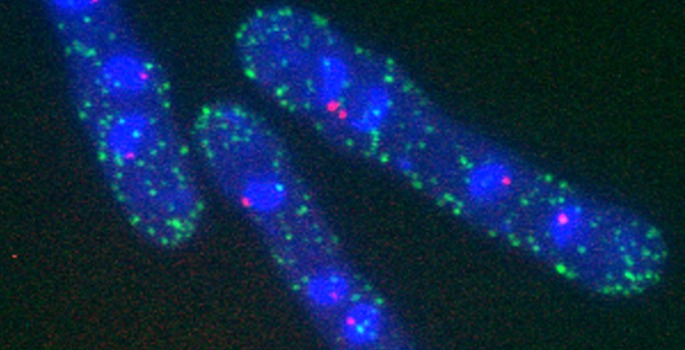
Vanderbilt sets record for number of new AAAS fellows
Fourteen Vanderbilt researchers have been elected fellows of the American Association for the Advancement of Science (AAAS). Read MoreDec 14, 2011
-
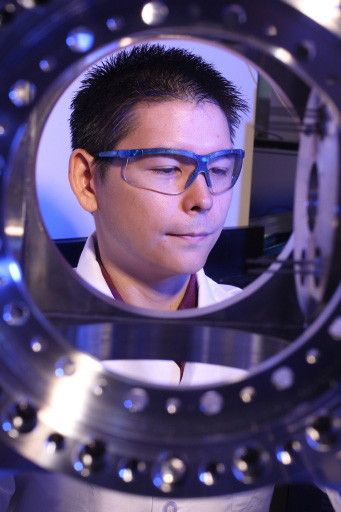
Pushing lipids into the limelight
Photo of post doctoral researcher Michal Kliman that ran on the cover of Chemical & Engineering News magazine in October. (Steve Green / Vanderbilt) In the world of molecular biology, lipids haven’t gotten as much respect or attention as nucleic acids and proteins even though they play… Read MoreDec 6, 2011
-
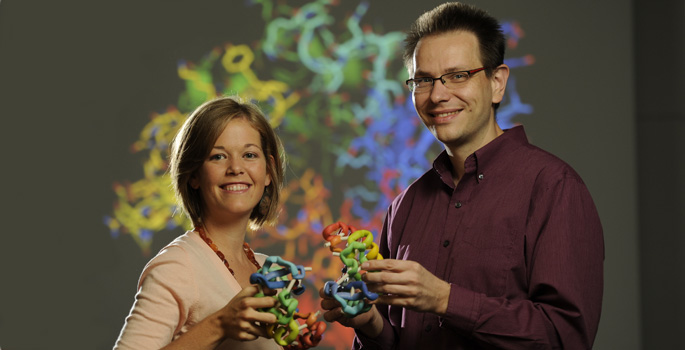
Creation of the largest human-designed protein boosts protein engineering efforts
A team of Vanderbilt chemists have designed and successfully synthesized the largest artificial protein using a new approach that greatly expands scientists’ ability to create proteins unknown in nature. Read MoreNov 15, 2011
-
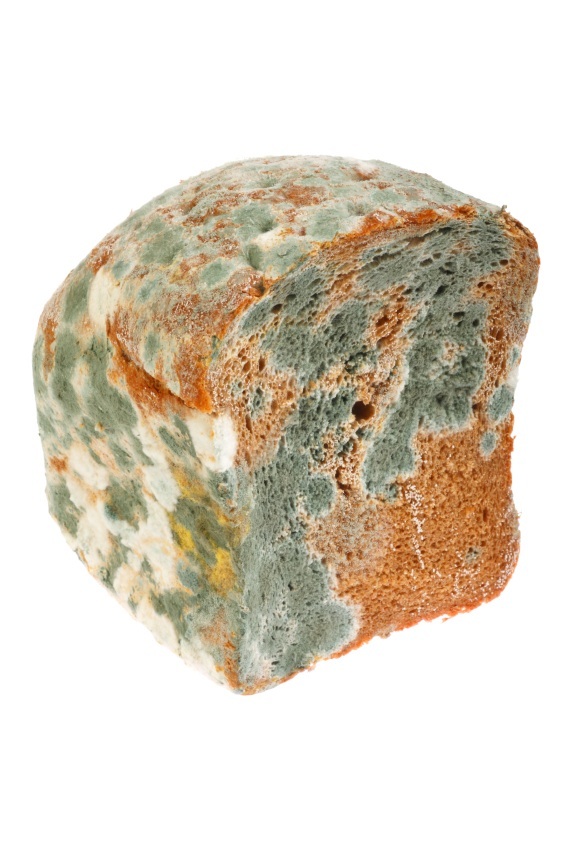
Fungus toxin gets in the way in DNA
Structural studies are providing insight to how aflatoxin – a toxin produced by fungi – contributes to cancer development. Read MoreOct 7, 2011
-
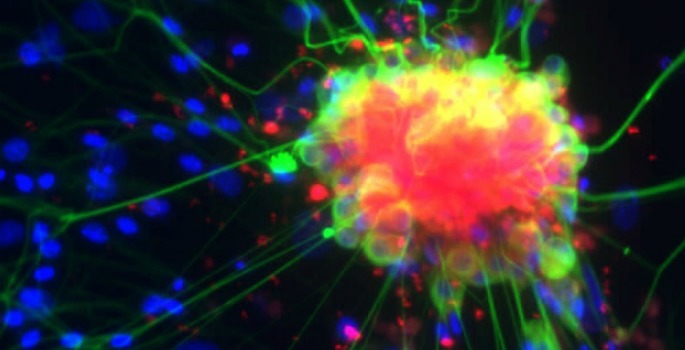
Study puts a new spin on ibuprofen’s actions
Vanderbilt University investigators have discovered surprising new insights into the actions of NSAIDs. Read MoreSep 29, 2011
-
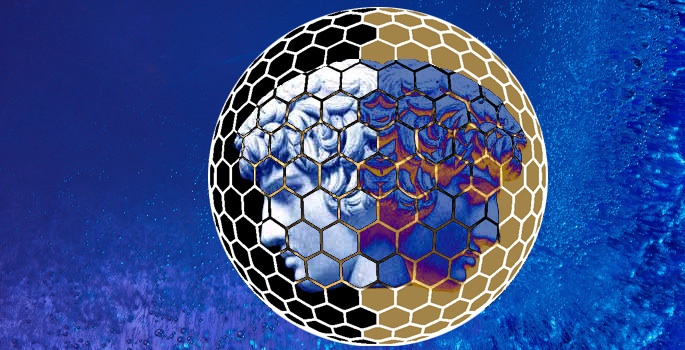
New technique maps twin faces of smallest Janus nanoparticles
Vanderbilt chemists have developed the first method that can rapidly and accurately map the surfaces of tiny particles that possess two chemically distinct faces. The findings have broad potential applications ranging from drug delivery to video displays. Read MoreSep 26, 2011
-
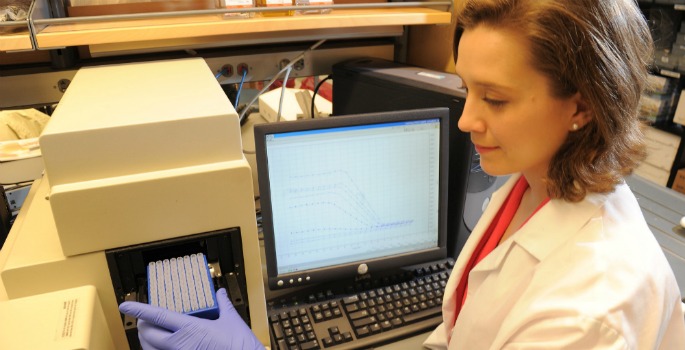
Milestone in development of new treatment for ‘fragile X’
Researchers at Vanderbilt University Medical Center, in collaboration with Seaside Therapeutics in Cambridge, Mass., have achieved a milestone in the development of a potential new treatment for fragile X syndrome, the most common genetic cause of autism. Read MoreSep 15, 2011
-
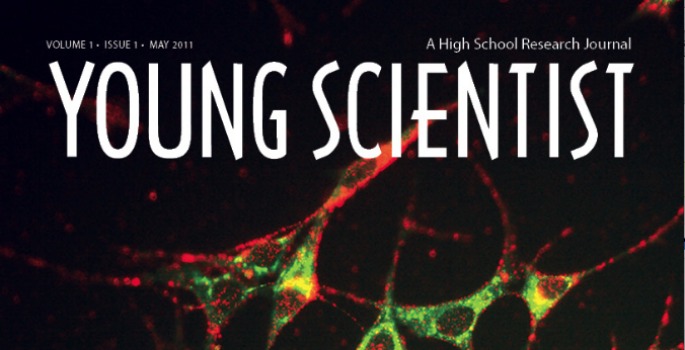
New journal publishes budding scientists’ research
In addition to her high school diploma, Aziza Hart earned an unusual honor this spring – her first scientific paper was published in a new Vanderbilt University journal, Young Scientist. Hart, who graduated from Nashville’s Glencliff High School, spent part of her senior year in a Vanderbilt laboratory, studying… Read MoreAug 30, 2011
-

-

Prof. Rosenthal goes to Washington
Representative Phil Roe (R-TN) chatting with Prof. Sandra Rosenthal, front, graduate student Scott Niezgoda and Christina West, assistant vice chancellor of federal relations, in Washington D.C. at the 17th annual CNSF Exhibition & Reception. (David Scavone) Last Wednesday, Sandra Rosenthal and Scott Niezgoda accepted the invitation… Read MoreMay 13, 2011
-

Vanderbilt University honors top students during Commencement
Chancellor Nicholas S. Zeppos presented the Founder’s Medals to the top scholars from Vanderbilt University’s undergraduate and professional schools during Commencement on Friday, May 13. Read MoreMay 13, 2011
-

Attacking malaria on several fronts
Vanderbilt researchers are using a variety of approaches to hasten the beginning of the end of malaria. Read MoreApr 27, 2011